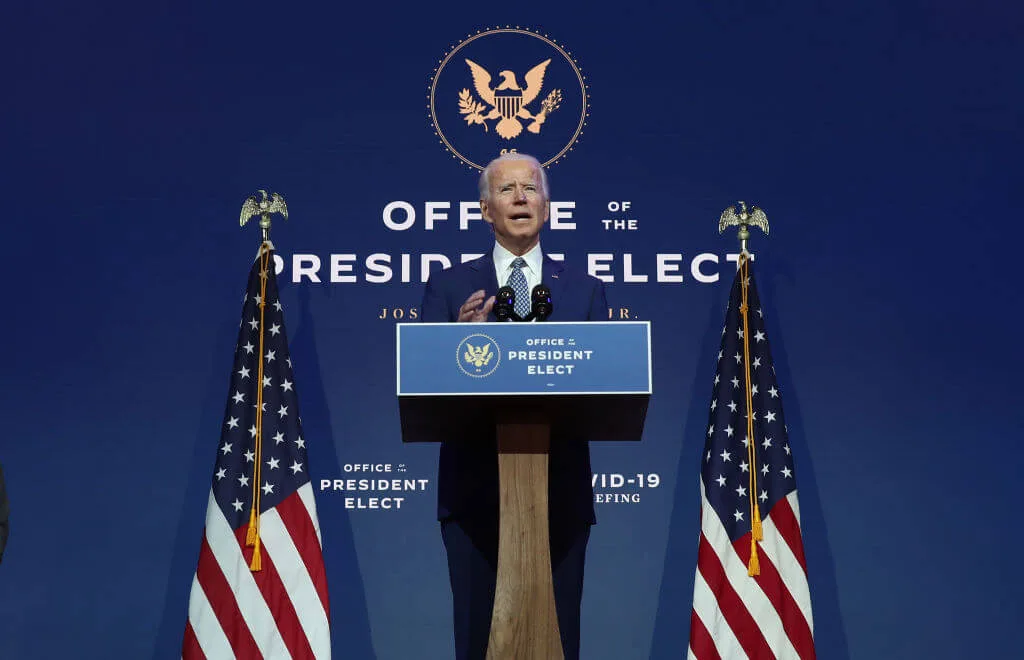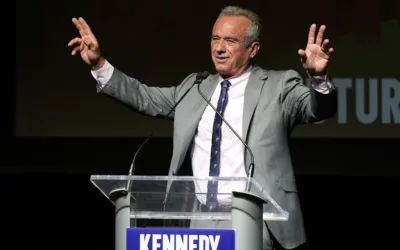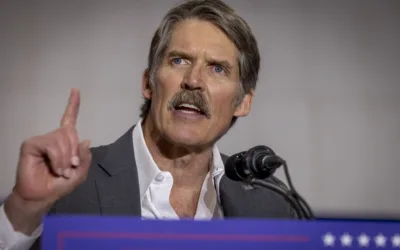
#image_title
First actions include moves to block evictions and freeze student loan payments.
President Joe Biden and his administration hit the ground running, signing nearly 30 executive orders in his first two days in office.
The flurry of new action undoes some of former President Donald Trump’s most controversial work by stopping construction on Trump’s expensive, ineffective border wall, reversing the travel ban on majority-Muslim nations, and nullifying a Trump order to exclude noncitizens from the census.
But other executive orders are aimed at moving the nation forward and mitigating the financial and health impact of the COVID-19 pandemic. Here’s a look at three orders that could make an impact in Wisconsin.
Eviction Moratorium
One of Biden’s first actions was to direct the Centers for Disease Control and Prevention to extend its federal eviction moratorium through March.
The moratorium, intended to slow the spread of COVID-19 and reduce the pandemic’s effects on unemployed individuals, temporarily protects renters from losing their homes. Since the pandemic began, hundreds of thousands of renters across the nation have struggled to make their rent payments due to job losses and a crippled economy.
About 125,000, or 14%, of Wisconsin renters are behind on rent, according to the latest US Census Bureau Household Pulse Survey. Of those, nearly 70,000 think they are either somewhat or very likely to be evicted within two months.
The average Wisconsin resident saw their income drop by 14.5% from July to September, Wisconsin Public Radio reported this week.
The current eviction moratorium was scheduled to expire at the end of January, which would have forced many renters to find alternate housing. Public health and homelessness experts have also noted that alternate housing like shelters have led to a significant increase in COVID-19 cases and deaths. People experiencing homelessness and living in shelters often don’t have access to basic strategies that slow the spread of the coronavirus like frequent hand washing and access to space that is socially distanced.
The moratorium does not waive rent payments, nor does it prevent landlords from charging late fees and interest payments if a tenant is behind on rent.
Eleven housing experts and advocates told UpNorthNews last month that a moratorium is ineffective without rent and mortgage assistance, because landlords unable to pay their mortgage could get foreclosed upon, leaving tenants homeless regardless of the moratorium.
Biden has called on Congress to fund a $30 billion rental assistance program. The second major federal COVID-19 relief bill, which passed in December under Trump, included $25 billion in rental assistance.
Student Loan Freeze
Another of Biden’s actions directed the Department of Education to extend a pause on student loan payments through Sept. 30.
The current payment freeze, which was implemented last March, was scheduled to lift at the end of January. The halt on payments is designed to take some of the financial pressure off borrowers who, at first, were still required to make their payments even as job losses mounted and the economy took a dive in the early days of the pandemic.
Wisconsinites owe a collective $24 billion in student loans, and the average student leaves school with $31,705 in debt, according to an executive order Gov. Tony Evers signed last year.
The student loan freeze applies to federal student loans. About 710,000 people in Wisconsin carry federal student loan debt, with a median debt burden of $17,323, according to a presentation from Nick Hillman, a UW-Madison professor and higher education policy and finance researcher.
On average, student loan borrowers nationwide have payments between $200 to $299 due every month. According to the Federal Reserve Bank of New York student loan debt in the United States is upwards of $1.6 trillion spread across more than 40 million Americans.
Payments became nearly impossible for many borrowers to meet as the country experienced an unprecedented wave of lost jobs and pay cuts. And consumers having more money in their pockets now—instead of paying banks—means they are spending on goods and services, which does far more to bolster their local economy.
Mask mandate
Biden did not issue a national mask mandate, which would likely face numerous legal challenges. He instead settled for an order requiring masks on federal property and on planes, trains, and buses that cross state lines.
Wisconsin is home to four federally managed buildings: US courthouses in Milwaukee, Madison, and Eau Claire, and a Social Security Administration office in Racine. The federal government owns about 9,600 buildings in more than 2,000 communities across the country.
Post offices, some laboratories, courthouses, and ports of entry into the country are covered in the order, as are federal lands such as national parks and even some local public parks. According to the Congressional Research Service, the federal government manages about 1.8 million acres of land in Wisconsin, good for about one-twentieth of the state’s land area.
Wisconsin is also one of the 37 states and territories with an active mask mandate. Evers issued a new emergency order this week extending the statewide masking requirement for another 60 days, but more than two dozen legislative Republicans have introduced a resolution to end the order early.

New Biden rules deliver automatic cash refunds for canceled flights, ban surprise fees
In the aftermath of a canceled or delayed flight, there’s nothing less appealing than spending hours on the phone waiting to speak with an airline...

One year on the Wienermobile: The life of a Wisconsin hotdogger
20,000+ miles. 16 states. 40+ cities. 12 months. Hotdogger Samantha Benish has been hard at work since graduating from the University of...

Biden makes 4 million more workers eligible for overtime pay
The Biden administration announced a new rule Tuesday to expand overtime pay for around 4 million lower-paid salaried employees nationwide. The...

‘Radical’ Republican proposals threaten bipartisan farm bill, USDA Secretary says
In an appearance before the North American Agricultural Journalists last week, United States Department of Agriculture (USDA) Secretary Tom Vilsack...




